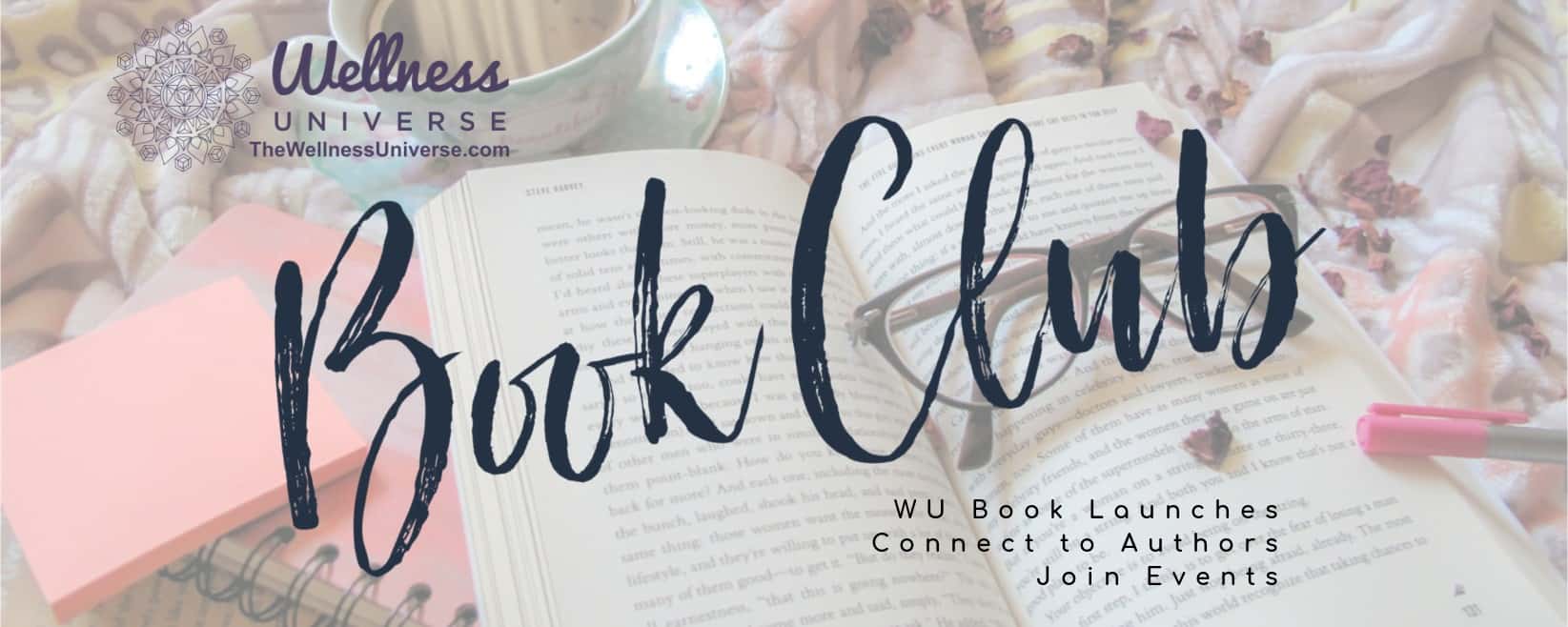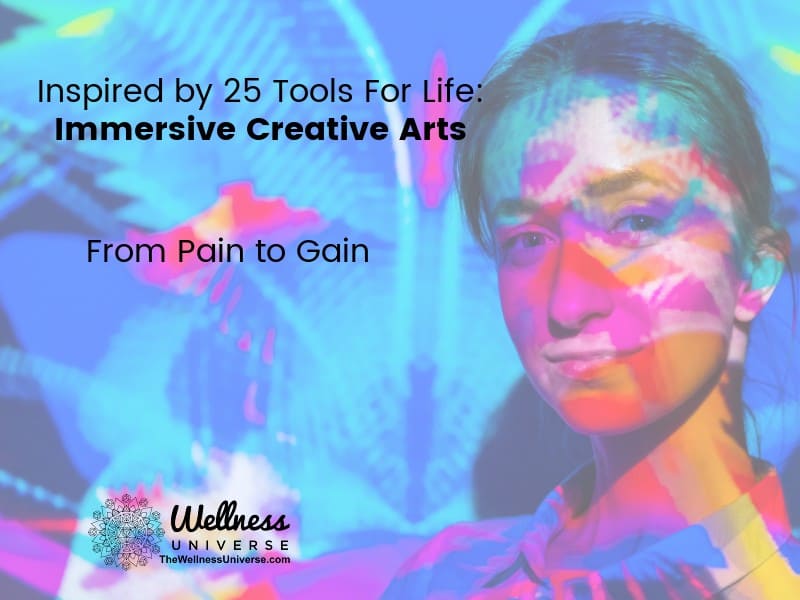Research shows that the average amount of time it takes for a person to “recover” from a significant loss is five to eight years. That\’s just letting grief “run its course” or taking the “time heals all wounds” approach. It is generally accepted by professionals assisting people in their time of loss that there are certain tasks a grieving person will accomplish as they reintegrate themselves into their lives without their loved ones. Completing these tasks is the work of mourning.
“What\’s the difference between grief and mourning?” you may ask. Grief is the container that holds your thoughts, feelings, and experiences of loss. Mourning is when you take the grief you feel on the inside and express it outside yourself. Grief is what happens, mourning is how you respond to what happens. I believe that it is necessary to authentically and consciously mourn your loss in order to reconcile with it, and ultimately be ready to fully engage in rebuilding your life after loss.
During the earliest and most acutely painful periods of grieving, you are mostly busy utilizing all your resources simply to keep your head, and your heart above water. It’s hard and you wonder if you are going to be able to make it. You get the idea that this grief is bigger than you and it will eat you for lunch.
The most crucial method of healing in the acute phase (when your loss is recent and your grief is raw and overwhelming) is feeling, expressing, and releasing your feelings. Emotional release deals directly with the inner and outer turmoil in your life through catharsis. Verbal or written expression requires transformation of feelings into words or thoughts, a process similar to “standing outside” the experience and creating some distance and perspective.
Having A Conversation with Grief
This idea of creating space for your grief outside of yourself is a key element in one of the exercises I use with my clients. I call the exercise “A Conversation with Grief.” To hold a conversation with grief, you place it outside of you, either physically or by drawing it on a piece of paper. This reinforces the idea that there is YOU here, and there is YOUR GRIEF over there.
In this conversation, you get to ask your grief some questions, and you listen to the answers. Questions like, “What do you need from me?” will get responses like, “I need you to pay attention to me, to hold me, to accept me,” and the like. This is usually a surprise to the client, as they have been trying to deny, repress, or distract themselves from feeling their grief. It’s actually quite healing to hold your grief in your arms, to respect it, and give it your own loving and compassion.
You Are Not Your Grief
People who are grieving often share that they feel they have somehow lost themselves. They don’t recognize themselves in their current ways of thinking, feeling, and behaving. They are also often afraid that this grief owns them; that this is the way they are going to be forever.
It’s a relief for people to stand outside their grief as the observer and to realize that they are a divine being who is having an experience of grief. This puts the experience in perspective. Yes, grief has your full attention right now. And it is not permanent. You are still intact, capable, resourceful, creative, and whole despite your feelings to the contrary.
Hope is the feeling you have that the feeling you have isn’t permanent.
– Jean Kerr
The process of integrating your loss and healing your grieving heart seems to accelerate once you have achieved sufficient altitude and insulation from your pain, gained a stable sense of who you truly are, have defined new goals and direction in your life, and taken at least some action to realize these goals.
At this point, most people are able to reflect on their accomplishments and recognize that their lives have transformed.
How you relate to yourself when you are grieving makes all the difference. Judging yourself, being hard on yourself, or resisting your grief leads to a doom loop or downward spiral of your energy. It can leave you feeling stuck and anxious. Being gentle with yourself, giving yourself love and compassion, tenderness and patience will serve to lift you up. You need this. You deserve this.
Remember this if you feel yourself getting lost in this territory of grief: You are not your grief. You are so much bigger, so much stronger, so much MORE than this grief. You are a divine being who is having an experience of grief. Your grief needs to be attended to and respected. And, it is not who you are.
I invite you to check out more information about my program, Rebuilding Your Life After Loss.
– Carrie
All information, content, and material is for informational purposes only and is not intended to serve as a substitute for the consultation, diagnosis, and/or medical treatment of a qualified physician or healthcare provider. The information supplied through or on this page, or by any representative or agent of The Wellness Universe, is for informational purposes only and does not constitute medical, legal, or other professional advice. Health-related information provided through this website is not a substitute for medical advice and should not be used to diagnose or treat health problems or to prescribe any medical devices or other remedies. The Wellness Universe reserves the right to remove, edit, move or close any content item for any reason, including, but not limited to, comments that are in violation of the laws and regulations formed pursuant to the Federal Food, Drug, and Cosmetic Act. None of the posts and articles on The Wellness Universe page may be reprinted without express written permission.



Carrie Doubts is a Transformational Coach specializing in supporting people through life transitions. Her 9-step Program, Rebuilding Your Life After Loss, helps people to reconnect with their heart, reclaim their power, and re-align with their purpose to create their life’s next chapter.


